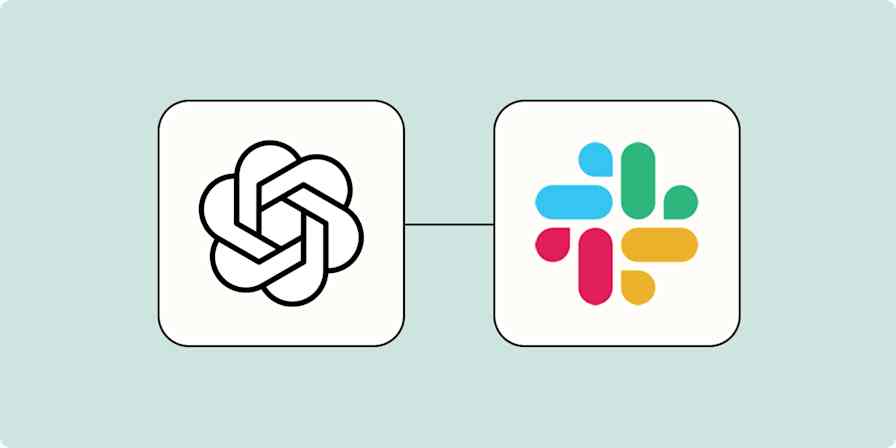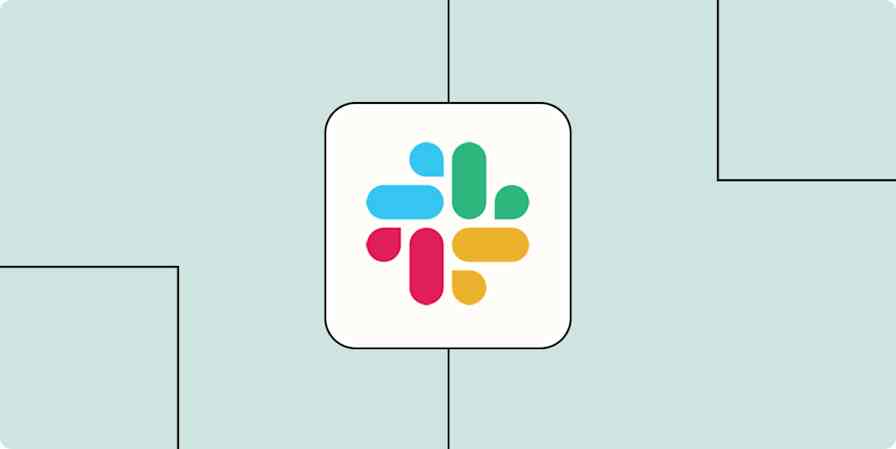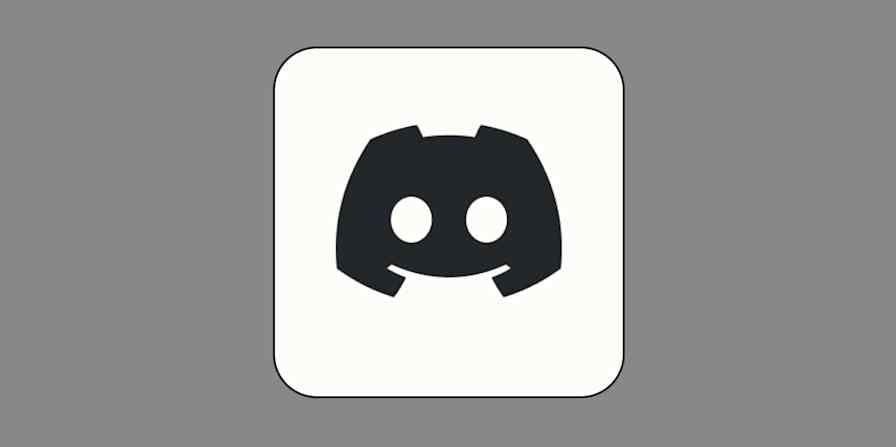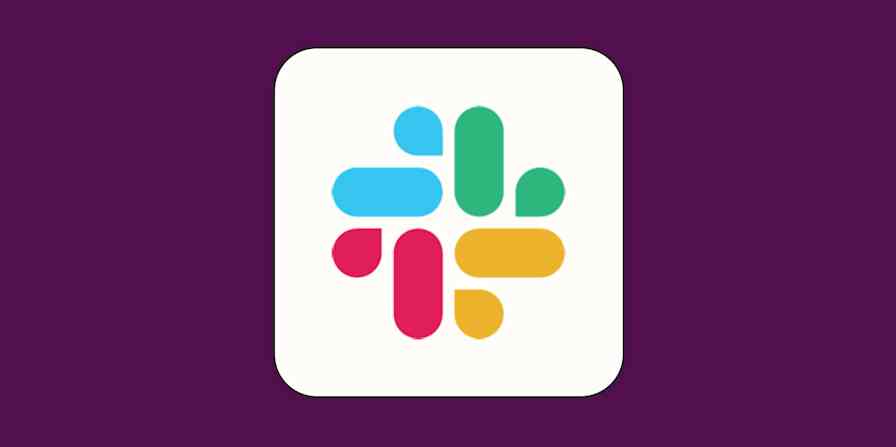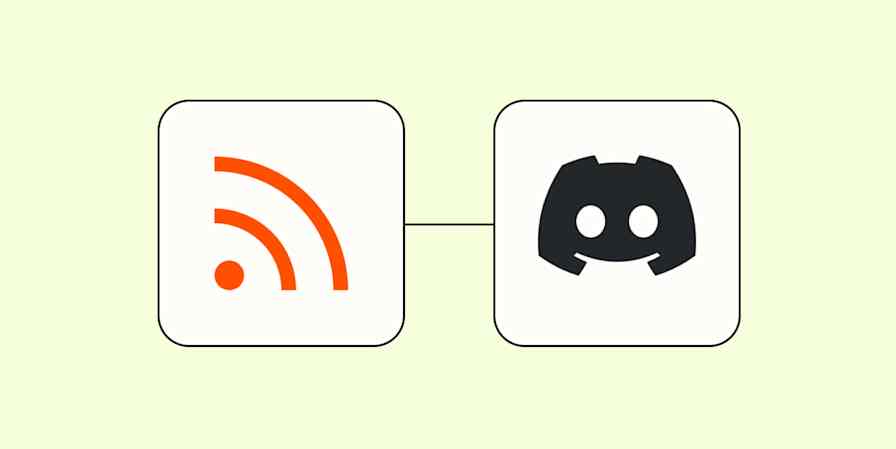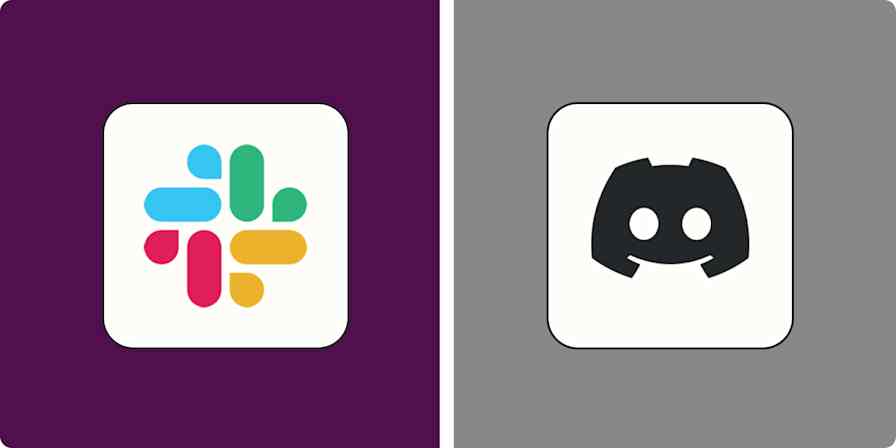Most of the people who use team chat apps now didn't use them a couple years ago. In early March 2020, around 32 million people used Microsoft Teams. A year later, that number was 145 million. That means that three-quarters of the people who use Teams started using it during the pandemic.
It's just one example of how the pandemic forced companies to try out new tools as they adjusted to remote work.
And yes, team chat apps—a category that also includes tools like Slack and Google Chat—make remote work easier. I'd even say they're what make remote work possible. But that doesn't mean team chat apps are only necessary for remote work: these tools won't stop being useful just because your team is moving back to their desks.
Here's why it makes sense to keep using Teams, Slack, Chat, or any other team chat app as your company goes back to the office.
Control which messages you see
My argument here boils down to two words: reply all.
Long work email threads are the stuff of legend. I think we've all been in at least one such thread where half of the responses are "please remove me from this thread," a message that has never once worked in the history of humanity. It points to an interesting fact about email: the sender is in control of who gets the message.
Team chat apps don't work this way. You decide which channels you're in, and as such, which messages you see. Sure, other people can tag you, but that's a more intentional choice to make than including you in an email thread—it tends to only happen when you're actually essential to a conversation. And in team chat apps, you can generally leave a thread that you're no longer interested in, meaning you don't have to send a "please remove me from this thread" message into the void.

"Email used to be full of status update messages like 'I'm running late/out sick/taking a half day,'" Jill Duffy, freelance writer and author of The Everything Guide to Remote Work, told me. "Questions got lost among long email threads with no @ notifications... and people would be CCed ruthlessly and unnecessarily on email threads when it was an FYI situation."
Team chat apps offer a place for those pieces of information to live (including features like statuses) and allow people to keep up with those messages on their own time.
Having this kind of control over what you do and do not see can free up a lot of time and mental energy—and it's just as true in the office as it is while working remotely.
Keep internal and external communication separate
Without team chat apps, every conversation ends up on email, whether it's from a teammate, a client, or a partner. And while email often makes sense for clients and partners, it isn't a great place for most of the things your team needs to say to each other.
"Slack, Teams, and other team messaging apps certainly have their problems with deluge of information, but at least it's now separated from the deluge of email, which is better," said Duffy. It's easier to keep up with external communications over email—and be sure nothing slips through the cracks—when internal conversations happen somewhere else.
Avoid in-person interruptions
Every office I've worked in had some variation of the headphone rule: if someone is wearing headphones, that means they're trying to focus, and you shouldn't interrupt them. Other workplaces have different rules—a closed office door could mean the same thing, for example.
But the fact that you want to focus doesn't mean other people won't need anything from you. This is another reason team chat apps are helpful even in the office: they allow people to ask you questions that you can respond to on your own time.
This means the person with the question doesn't have to remember to ask you later, but they also don't have to interrupt you.
Keep in touch across floors, rooms, or locations
It's a little silly to ask a question on Slack if the person sits right next to you and doesn't look busy. Go ahead and ask out loud.
Most workspaces are bigger than just a couple of rooms, though, and it doesn't always make sense to walk to someone's office and ask a quick question (especially if there are stairs involved). They might not be there, for one thing—they could be at a meeting, say, or having an early lunch. Even if they are at their desk, though, you might end up interrupting them.
Team chat apps are great for this. You can ask your question, and if the person's there and not busy, they'll answer. They might even ask you to come by and chat in person. But if they're not there, you didn't spend a precious few minutes walking to and from their empty office.
Of course, team chat apps work across locations, meaning if your company has offices in both Portland and Montreal, everyone can collaborate in the same place. Especially as many companies go hybrid, this will help everyone feel included in conversations, no matter where they're working from.
Integrate with other apps
Team chat apps aren't just a great way to keep up with your team—they're also a great place to keep up with all of the other apps you use every day. Zapier connects with dozens of team chat apps, including Slack, Microsoft Teams, Discord, and Google Chat. This means you can get notifications from thousands of apps right inside your team chat app, allowing you to see things like new leads, social media mentions, or upcoming calendar appointments all in one place.
Check out our guide to getting your notifications where you need them to learn more.
Read more: The best Slack alternatives



